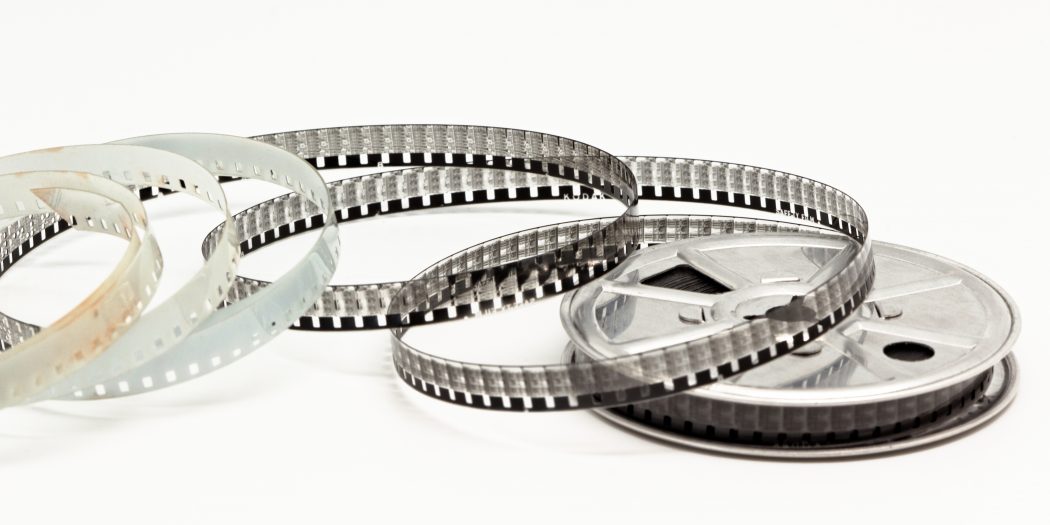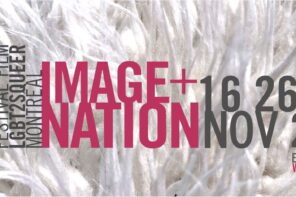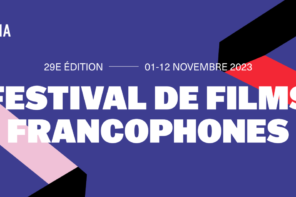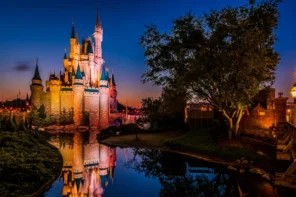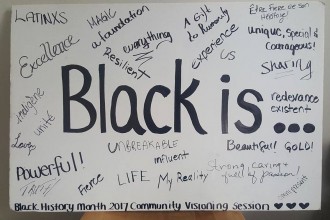Typically the South Asian films that cross over into the west represent a specific form: the Bollywood musical. But South Asian countries have just as vibrant a filmmaking scene as we do, with independent and smaller-budget films that paint a more naturalistic and realistic portrait of everyday life. This weekend there is an opportunity to experience this side of cinema: The South Asian Film Festival (SAFFM). In this, its seventh year, it is run by Dipti Gupta, a filmmaker and professor of Cinema and Communications at Concordia University, and Karan Singh, a Montreal writer and filmmaker.
There is an incredible diversity in the lineup: both shorts and features are being screened, sometimes one right after the other, and there are films from India, Pakistan, Nepal, Bangladesh, as well as local representatives of the diaspora in Canada and the USA. The films span all genres, from dramas, to comedies, to documentaries. There is always a discussion afterwards, often with the filmmaker in attendance. Last weekend there were fruitful discussions with Toronto filmmaker Ali Kazmi, and with N. Padmakumar Paddy, the director of the romance film A Billion Colour Story. This weekend Walnut Tree and A Ballet of Maladies, both of which are about people living in Jammu-Kashmir, will likely inspire a similar conversation.
Though these films are quite diverse, they are unified by the theme of the festival, which Dipti Gupta describes as “a clear expression of people’s diverse voices.” Given the restrictions in freedom of speech in many of the countries where these films come from, Dipti and Karan have made an effort to create “a safe space to express, discuss, and debate ideas no matter their background.” This safe space is also much needed and extremely relevant in the face of contemporary issues. The current cultural and political climates of both the USA and the UK serve as unfortunate examples of how fear and uncertainty can be encoded in racial intolerance and hatred. SAFFM offers a neutral platform to celebrate diversity through the common appreciation and artistry of film. Through Dipti and Karan’s festival connections, and their relationships to producers in India and Pakistan, they have been able to find the films that suit the theme of celebrating diverse voices in the best way. “Because of social media”, Dipti says, “it’s become so much easier to have access, to find films that are creating a buzz.”
The comedic film Lipstick Under My Burkha, has created that buzz. The narrative centers around several women trying to fit their aspirations into a conservative rural Indian society: a burkha-clad college girl who dreams of being a pop singer, a housewife who lives a double-life as a saleswoman, and a widow who rediscovers romance over the phone. It’s also, meta textually, the story of a woman’s film being banned and then censored by the conservative Indian government, for violating social taboos. When Karan Singh says “freedom of speech and expression – we wanted this to be the central ethos of this year’s programming” he means it quite literally. While there are a vast number of films in the festival that ought to pique people’s interest, the strong narrative and public controversy of Lipstick Under my Burkha is a standout and places it as a “must watch”. The defining characteristics of SAFFM – the lesser-known films, the opportunity for discussion, and the chance to hear censored and marginalized voices – culminate to create an intimate and extremely satisfying experience for the viewer. Avoid the rain and take advantage of this amazing opportunity, you will not regret it.
The SAFFM plays from November 3 – 5 at the De Seve Cinema building at Concordia, 1400 de Maisonneuve W.
For the program and more information please visit the SAFFM website.

